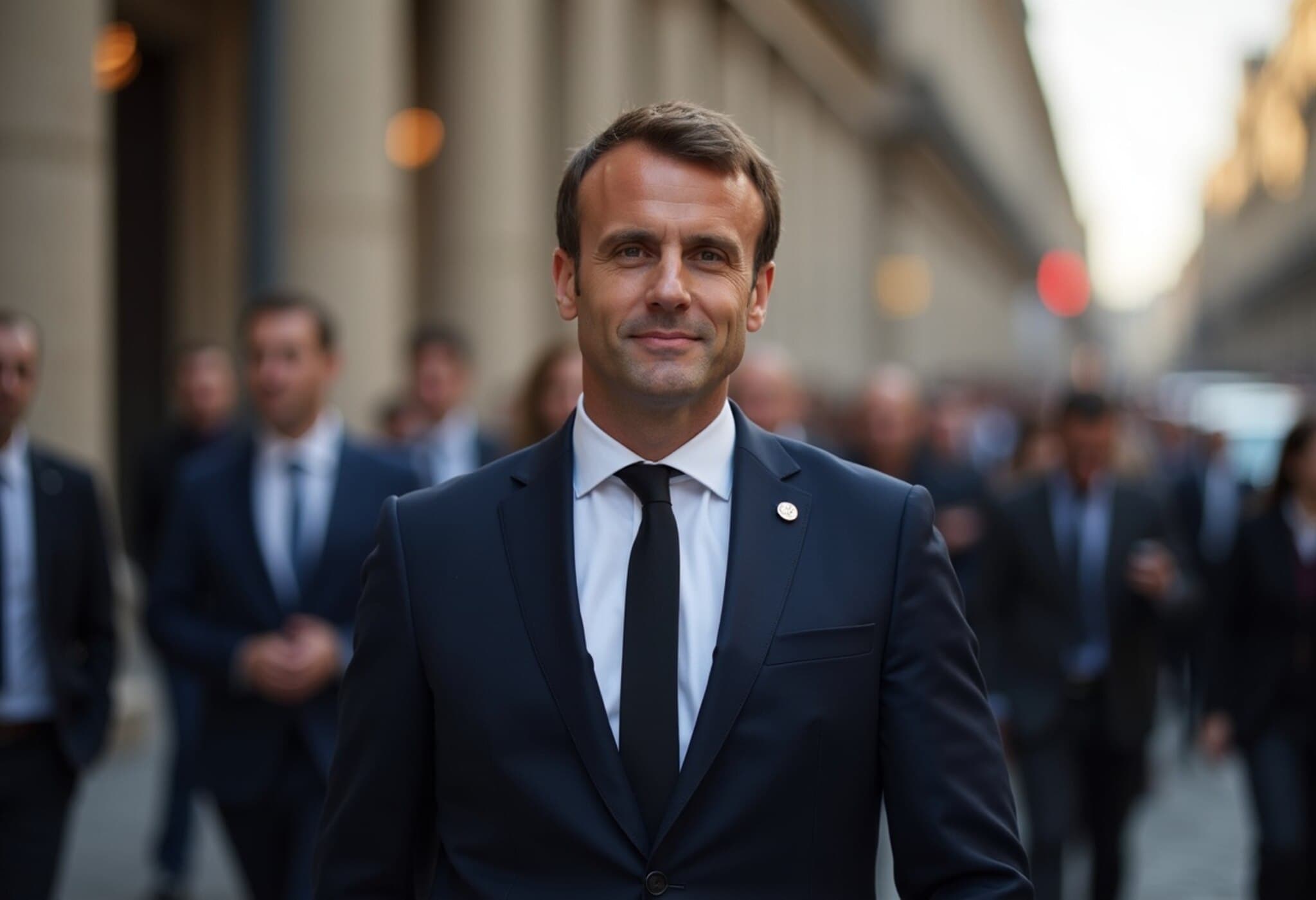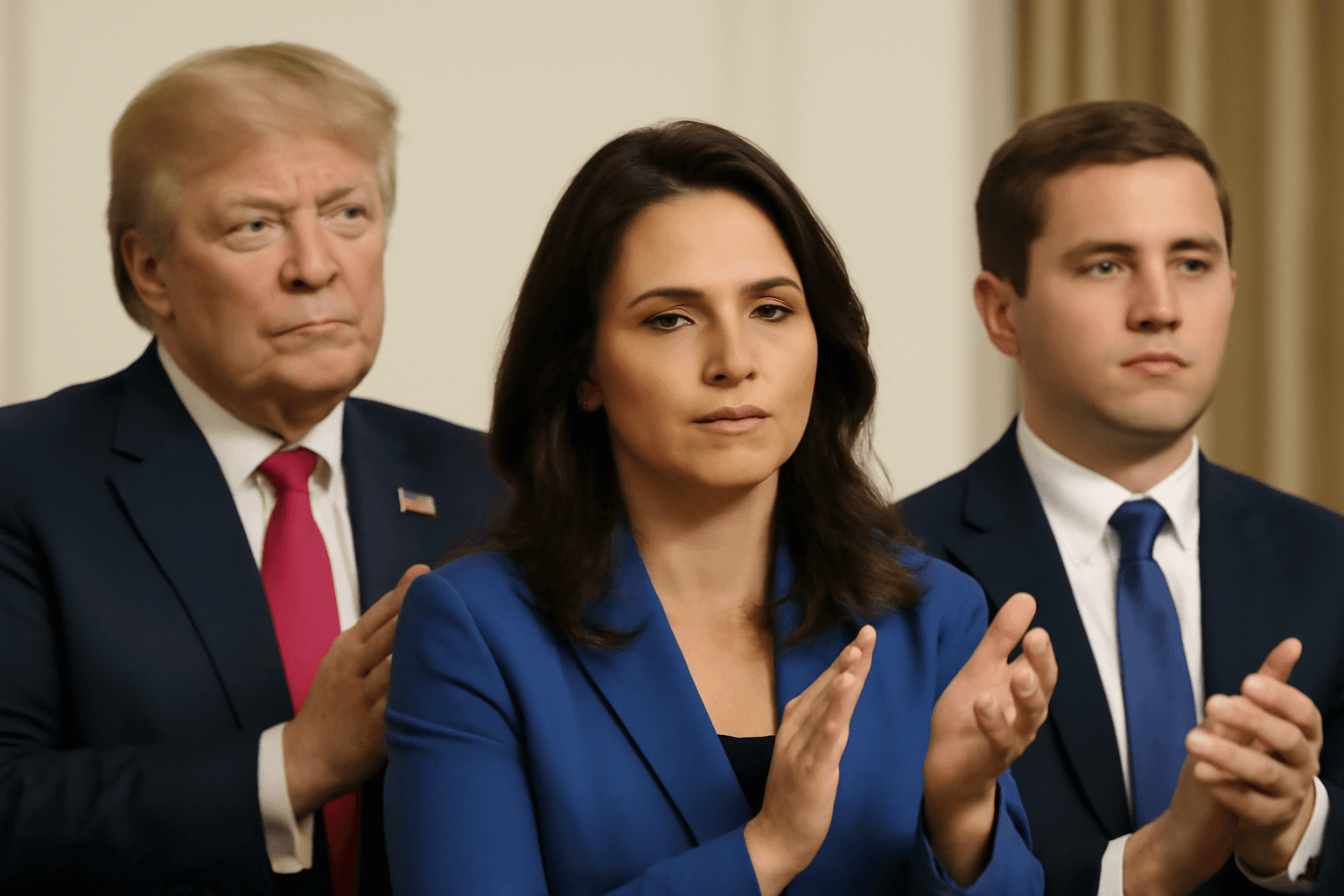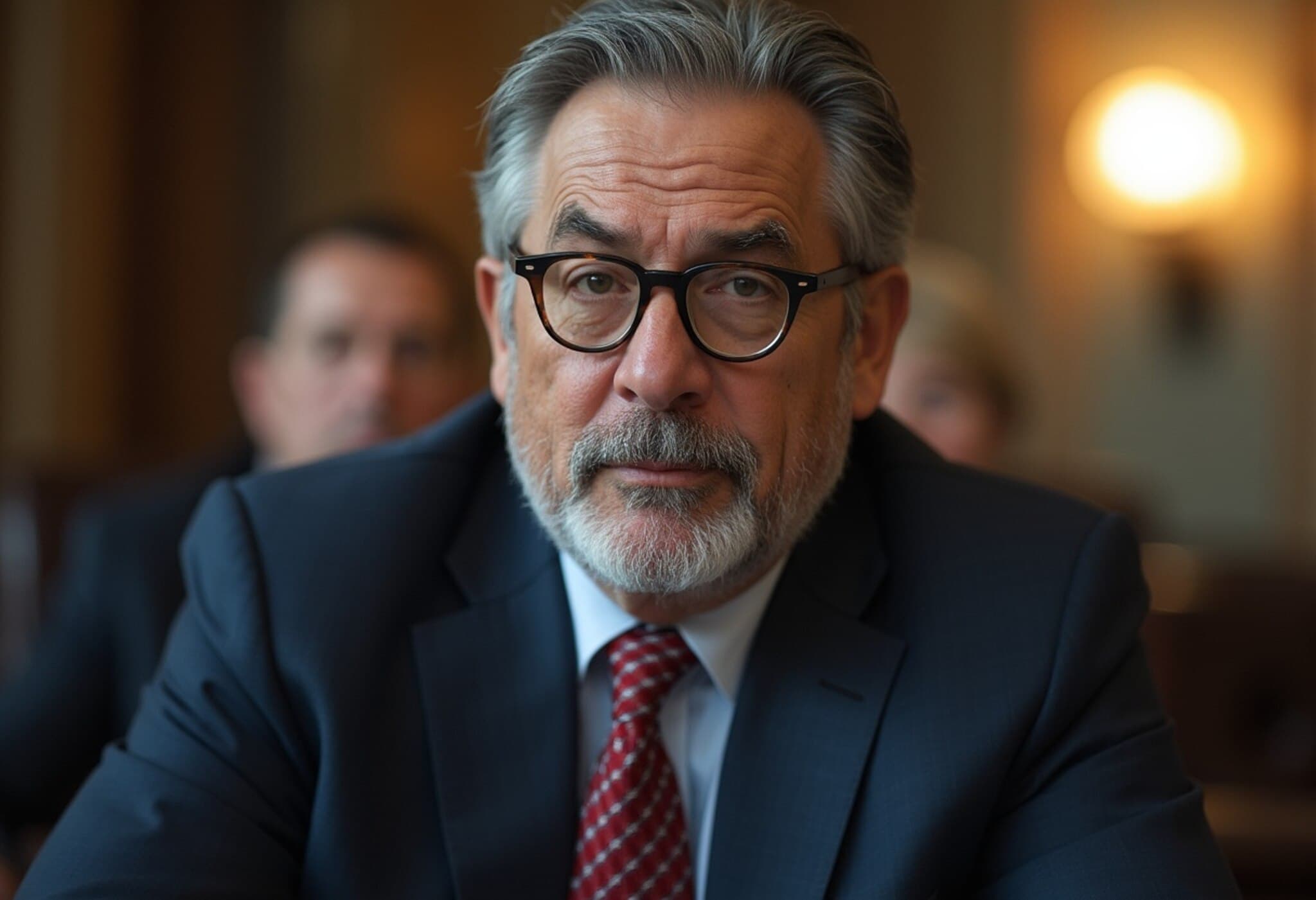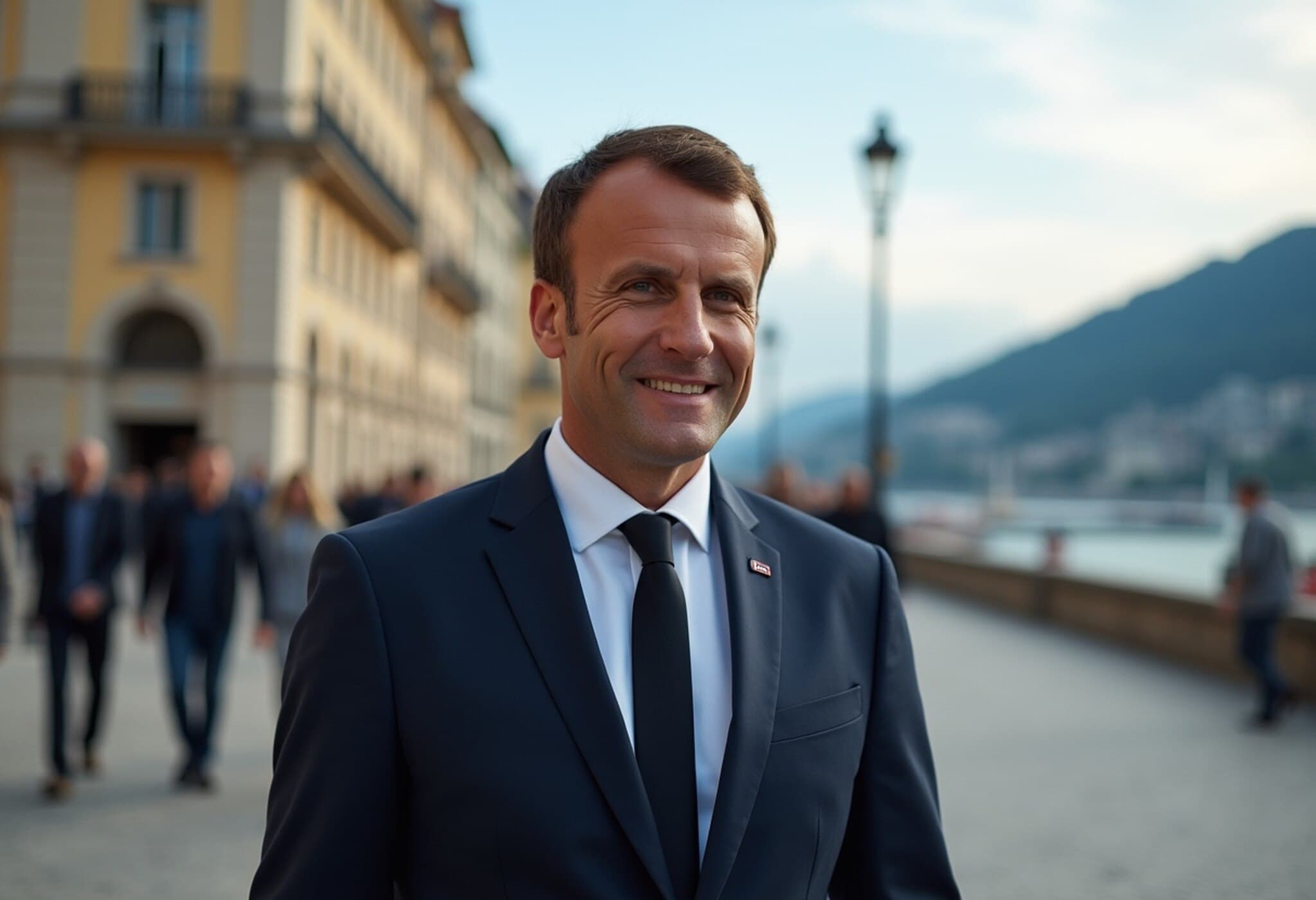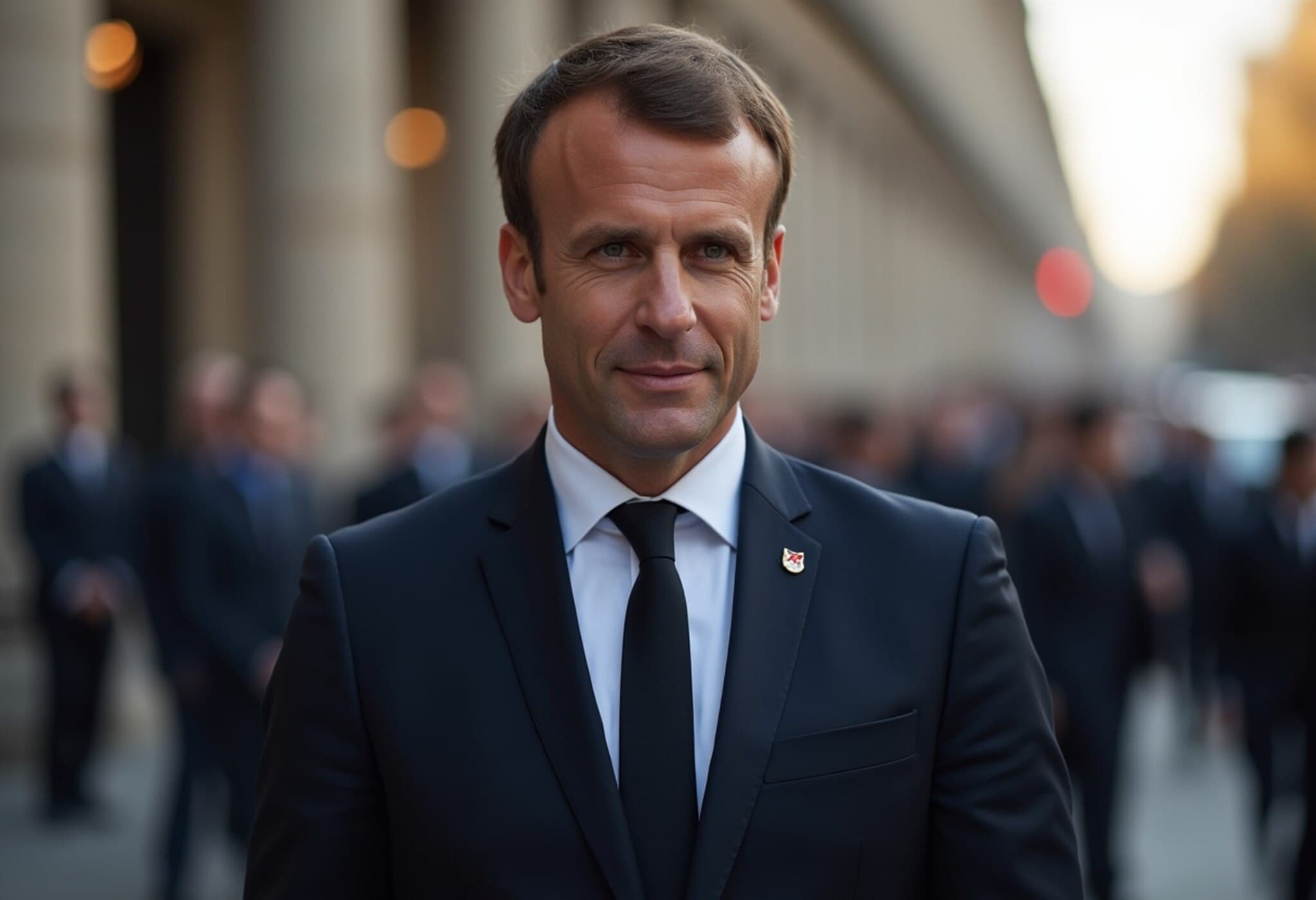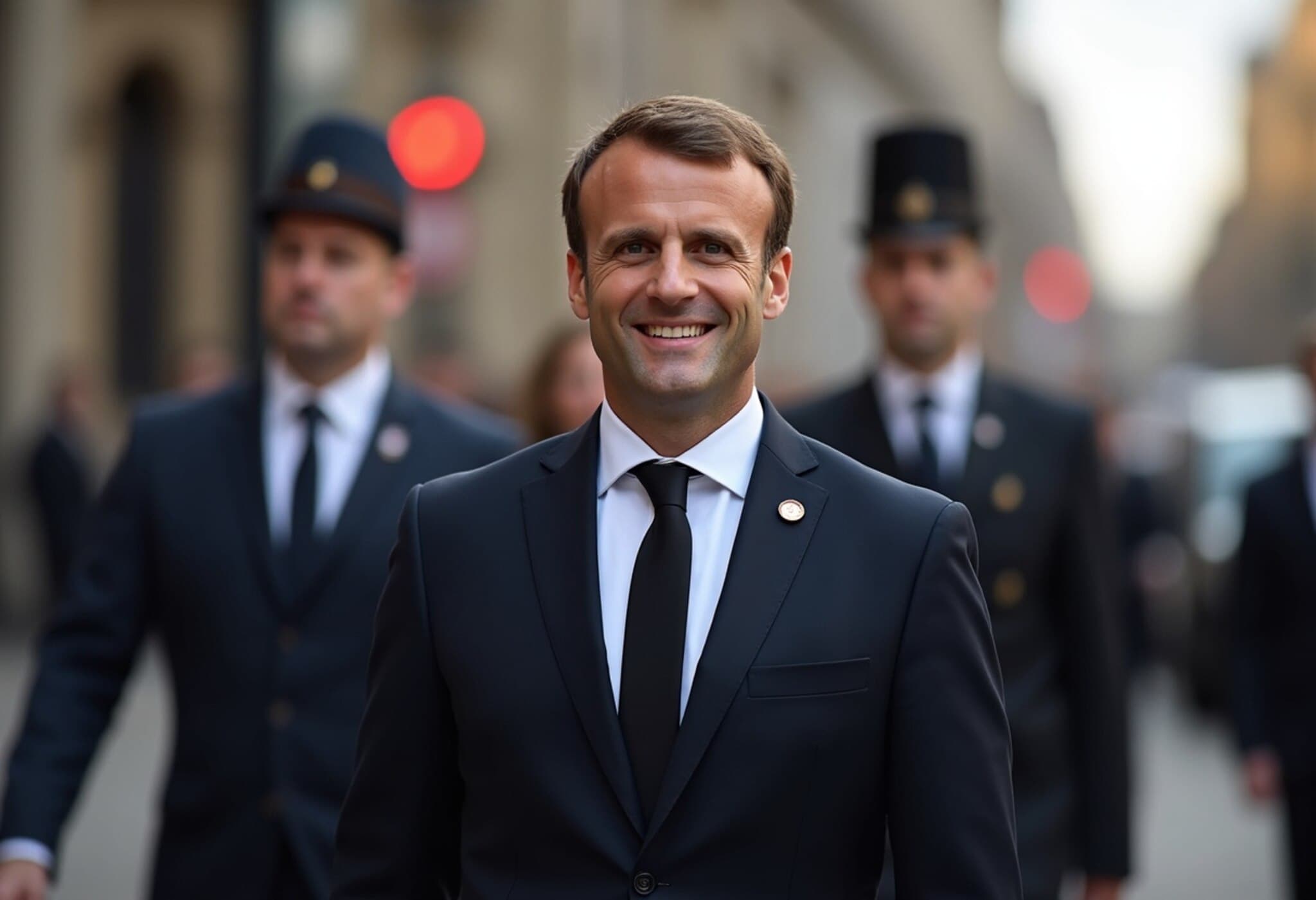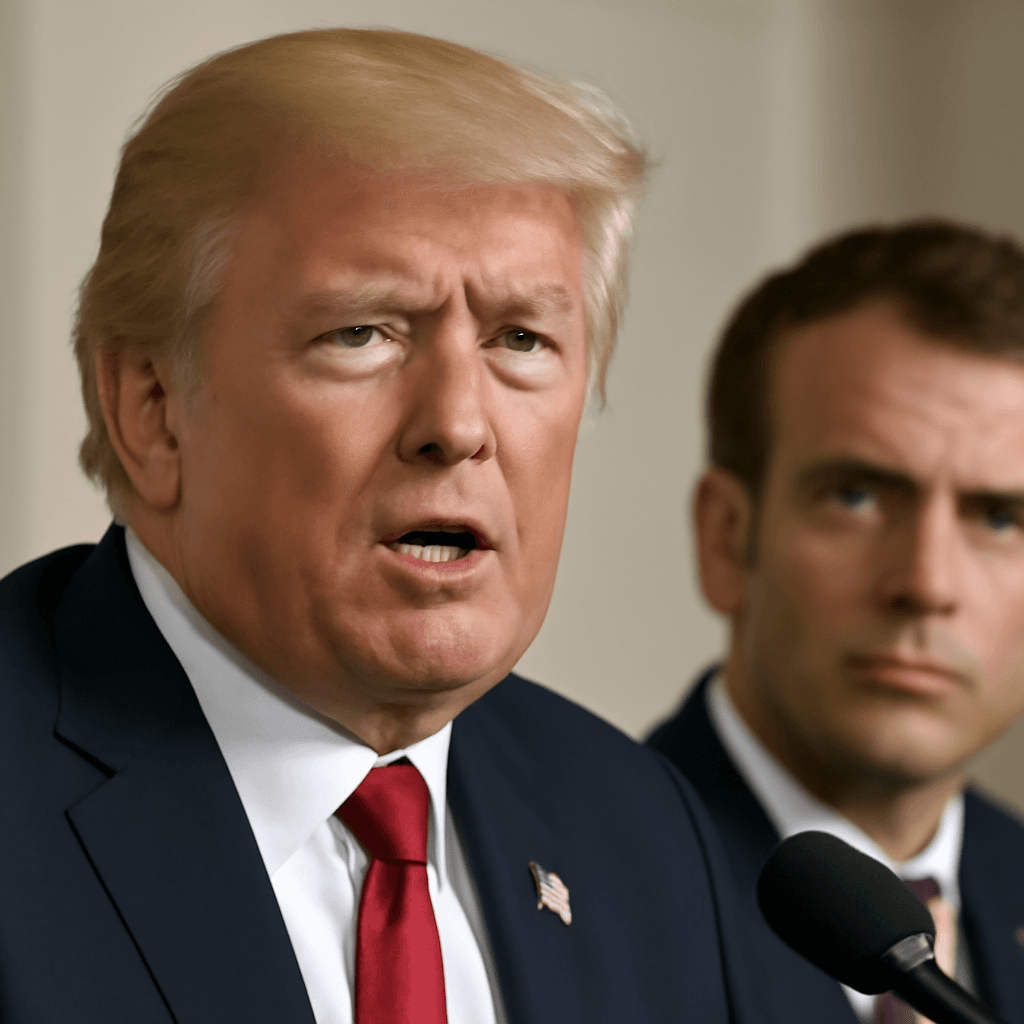France at a Crossroads: Macron’s Gamble with Parliamentary Elections
One year after the seismic shock of France’s snap parliamentary election, President Emmanuel Macron once again wields the constitutional power to dissolve the National Assembly. Despite publicly dismissing the idea during a recent visit to Madagascar, insiders suggest that Macron’s circle is carefully weighing the strategic option of calling a new election. Could this be the president’s way of reclaiming control amid a fractured political landscape?
The Fallout from the 2024 Snap Election
Macron’s decision to call an early election shortly after the June 2024 European ballots was initially intended to stymie the rising tide of the far-right National Rally, led by Marine Le Pen. Instead, it backfired spectacularly, weakening his centrist coalition and ushering in a fragile legislative assembly marked by instability and rivalry.
The election results left Macron’s party short of a majority, emboldening both far-right factions and a left-wing alliance. The turbulence destabilized governance, leading to a prolonged struggle over budget approval and threatening legislative paralysis.
Inside Macron’s Decision: Risk, Regret, and Political Calculation
Macron himself acknowledged the consequences in his New Year address, conceding the dissolution brought “more instability than serenity” and taking “full responsibility.” Yet critics and allies alike recall the move as reckless and costly. Former Prime Minister Michel Barnier’s abrupt departure underscored the fragility of Macron’s government, while the impasse over fiscal policies highlighted the enduring challenges.
Advisors suggest Macron saw the election as a strategic gamble — a way to “provoke” political fate proactively rather than endure a slow collapse during budget battles. Political insiders draw an apt analogy: Macron playing the political roulette, often walking away with empty pockets but convinced the next spin will win big.
Prime Minister Bayrou’s Struggle and Rising Pressure
François Bayrou, appointed after the 2024 elections, is perceived within the Élysée as cautious and sometimes indecisive—a stark contrast to Macron's more assertive style. Reports indicate growing frustration from Macron, with sources suggesting the President is nearing a boiling point.
Adding to the turmoil are rumors that Bayrou’s position could be compromised amid renewed scrutiny over a decades-old child abuse scandal, and potential no-confidence moves related to upcoming budget discussions. Should Bayrou be ousted, Macron faces a pivotal choice: appoint a new Prime Minister or dissolve Parliament and risk an unpredictable election outcome.
The Power to Dissolve: Macron’s Ultimate Political Lever
This constitutional prerogative remains Macron’s “last power,” as François Hollande, Macron’s predecessor and mentor, recently remarked. Even as Macron publicly discounts another election call, advisors recommend keeping the option on the table to sustain leverage over fractured opposition parties in the Assembly.
Macron’s instinct-driven leadership style, while at times controversial, has repeatedly reshaped French politics, surprising pundits and rivals alike. His dismissal of the possibility that the left could unite on election night 2024—only for them to form a cohesive bloc—illustrates how unpredictable the political chessboard remains.
What’s Next for French Politics?
- Potential for Political Realignment: The precarious balance between far-right, centrist, and left-wing forces keeps the government on edge and policymaking uncertain.
- Macron’s Calculated Risks: His reputation as a risk-taker suggests he may again bet on another election to regain control, despite prior instability.
- Public Sentiment: Voter fatigue and skepticism toward repeated elections raise questions about political legitimacy and engagement.
- International Implications: As Europe watches closely, France's internal dynamics ripple into the EU’s broader stability and policy coherence.
For now, the nation waits on watchful eyes, aware that one more call from the Élysée could reshape France’s political future once again.
Editor’s Note
Macron’s potential decision to dissolve the Assembly and call fresh elections encapsulates the tension between leadership instinct and democratic stability. While this power offers a mechanism to reset political deadlock, it also risks deepening voter disillusionment in an already fragmented system. The broader question remains: Will France’s model of executive decisiveness continue to deliver effective governance, or will it perpetuate cycles of uncertainty and polarization? As the story unfolds, observing the interplay between constitutional authority and political pragmatism will be crucial for understanding France’s path forward.

